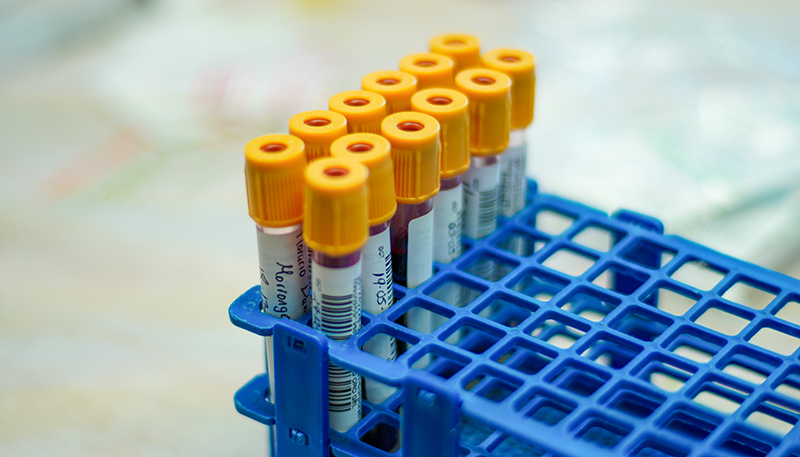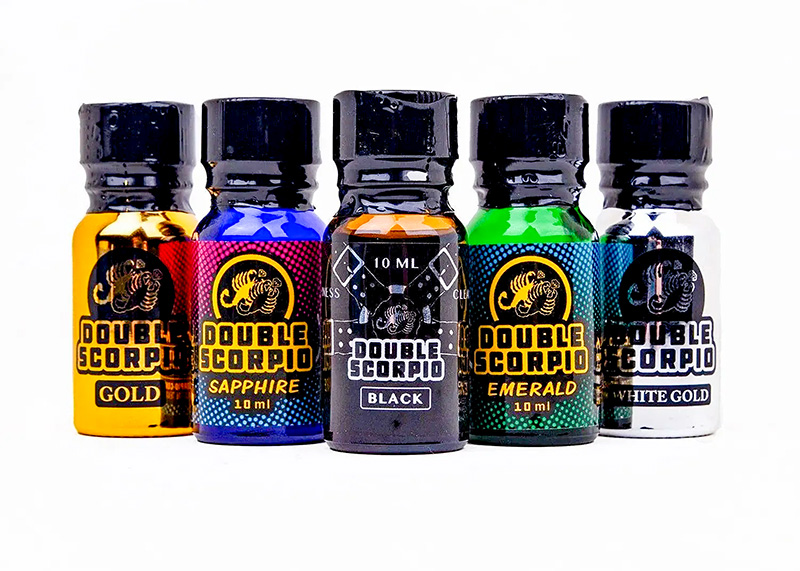Positive Nutrition
Local dietitian offers nutritional ''dos'' and ''don'ts'' for HIV-positive people
The kitchen is said to be the heart of the home — and for people who are HIV positive, it can be the heart of their health as well.
A nutritious diet is just as important as prescription medications for HIV-positive people, according to Laura Otolski, community dietitian for Food & Friends, an organization that delivers food to residents of metropolitan Washington who are living with HIV/AIDS or other illnesses.
That’s why Otolski is offering advice about the importance of nutrition in HIV treatment during the D.C. Care Consortium’s AIDS Clinical Trials Information and Orientation Network (ACTION) lunch series event on Thursday, March 8, ”Nutritional Issues for People Living with HIV/AIDS.”
”[Nutrition] is part of the treatment, not an afterthought,” she says.
”A body that isn’t well-nourished can’t use medication effectively.”
David Mariner, coordinator of ACTION, says the lunch series, held on the second Thursday of every month, usually gathers a crowd of more than 30 people, and is free and open to the general public.
”The goal is to just reach out to the community, to talk about research-related issues and HIV-related issues, and to get folks more engaged in the process,” he says.
”Some months we might tackle educational issues, like nutritional issues for HIV, [the] next month we might look more at a specific research study in D.C. and how people can participate.” Mariner says one session consisted of dialogue about HIV prevention and the use of a microbicide, a foam, gel or liquid that, in theory, would stop the transmission of HIV during sexual activity.
Mariner says that when he came on board at DCCC in 2006 he surveyed people who attended the monthly lunch series, asking what HIV-related topics they would like to learn more about.
Nutrition ranked among the most popular topics, he says. Other topics of interest were hepatitis C and when to start HIV treatment.
Otolski plans to share many nutritional tips at next week’s lunch, including an informative list of ”dos” and ”don’ts” regarding diet when treating HIV:
Do eat high-calorie and high-protein foods, Otolski says.
”People living with HIV tend to have greater calorie and protein needs,” she explains. ”They may need to eat more than your average person, depending on [their body] weight at the time of diagnosis, and what state they’re diet is in.”
”Your body tends to burn calories at a greater rate when you’re HIV positive, so you need to compensate for that.”
Don’t resort to protein supplements, including pills or shakes, without consulting with a physician first. Otolski says there is danger in uncertainty and how supplements will react to prescription medications used to treat HIV.
Do consult with a dietitian if you are having problems with the side effects of medications, including chronic diarrhea.
”I recommend people getting in touch with dietitians [and] finding ways to manage the side effects using diet,” she says. ”Otherwise they could be compromising nutritional [potential].”
Don’t drink tap water, she says, or eat partially cooked foods ”because of the risk of bacterial infection.”
Otolski says one nutritional issue that she frequently finds in people living with HIV is poor appetite. She says it can be managed by having five or six ”small and frequent” meals, as opposed to just breakfast, lunch and dinner. She also recommends taking a walk before meals or watching a cooking show to spice up an appetite.
While some of the information offered may seem like common sense, Mariner says he feels there is a lot of new information that is not commonly known among HIV-positive people.
”The benefit in doing HIV research is that we’re always learning new information,” he says. ”My goal [is to] take knowledge that we learn and make sure it benefits our community.”
Register for ”Nutritional Issues for People Living with HIV/AIDS,” at 1 p.m., on Thursday, March 8, at the D.C. Care Consortium, 1156 15th St. NW, Suite 500, by calling 202-223-9550 ext. 15, or by e-mailing dmariner@dccare.org. For more information visit www.dccare.org.
Support Metro Weekly’s Journalism
These are challenging times for news organizations. And yet it’s crucial we stay active and provide vital resources and information to both our local readers and the world. So won’t you please take a moment and consider supporting Metro Weekly with a membership? For as little as $5 a month, you can help ensure Metro Weekly magazine and MetroWeekly.com remain free, viable resources as we provide the best, most diverse, culturally-resonant LGBTQ coverage in both the D.C. region and around the world. Memberships come with exclusive perks and discounts, your own personal digital delivery of each week’s magazine (and an archive), access to our Member's Lounge when it launches this fall, and exclusive members-only items like Metro Weekly Membership Mugs and Tote Bags! Check out all our membership levels here and please join us today!

























